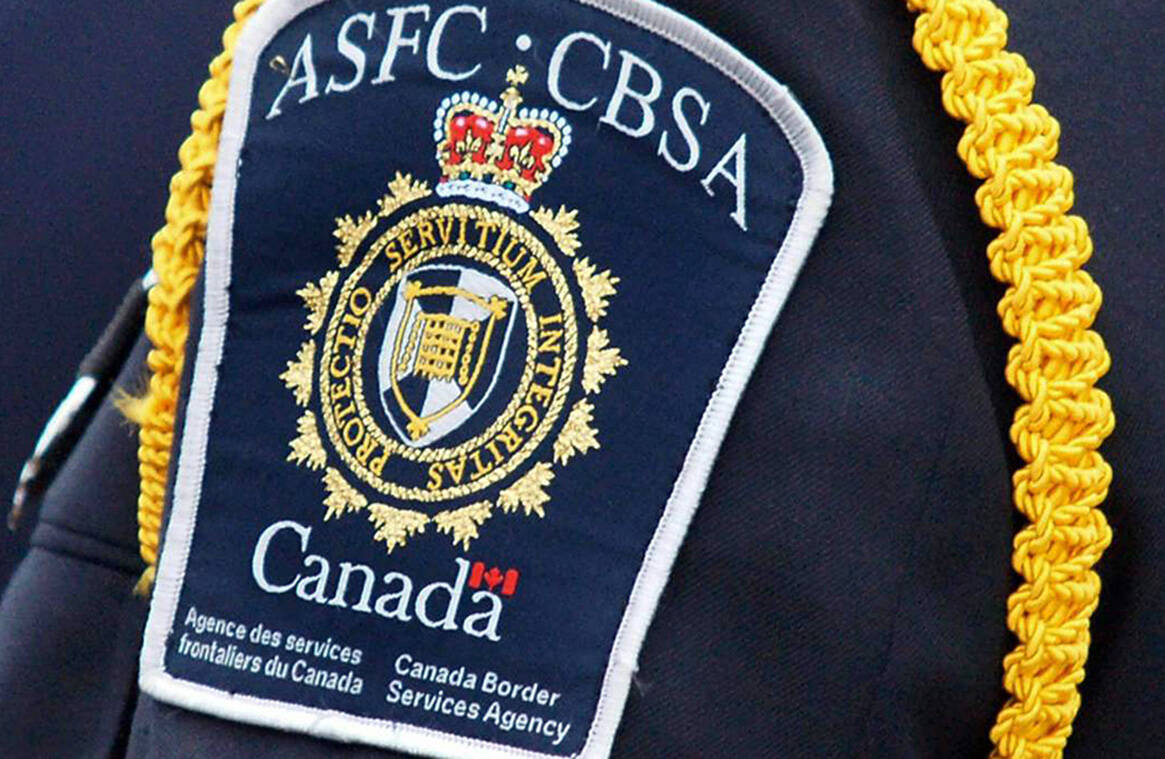B.C. is terminating its agreement with the Canada Border Service Agency that allowed for immigrants to be detained at provincial correctional facilities.
Similar agreements exist with provinces across Canada.
In a statement, B.C. public safety minister Mike Farnworth said the province was pulling out of the agreement following a review of immigrant detention practices.
“The review brought to light that aspects of the arrangement do not align with our government’s commitment to upholding human-rights standards or our dedication to pursuing social justice and equity for everyone.”
Typically, immigrants detained by the CBSA are sent to immigration holding centres. A new holding centre was opened in Surrey in 2020 — the previous centre was at the Vancouver Airport. It is one of only three in the country. The other two are in Laval and Toronto.
READ MORE: Five things to know about Canadian immigration detention centres
If a person poses a risk that can’t be mitigated within the centre, or if there is no centre available, they are sent to provincial correctional facilities.
The practice has been widely criticized by legal experts and human rights groups like Amnesty International. In their submission to the review, Amnesty International wrote that detaining immigrants in corrections facilities put their safety and liberties at risk.
“Routinely handcuffed, searched, and restricted to small spaces with rigid routines and under constant surveillance, with severely limited access to the outside world. Many immigration detainees are confined in tense and dangerous environments where they may be subjected to violence, and they are also subjected to solitary confinement.”
In 2019, 48 immigrants were held in solitary confinement for an average of 3.8 days, in 2020 26 people were held for an average of 9.8 days and in 2021 nine people were held for an average of 9.9 days. B.C. Corrections said that this is done for safety and to keep immigrants away from the general population where they may encounter people incarcerated for criminal reasons.
Mingling detained immigrants with the general population of B.C. Corrections facilities violates the United Nations Standard Minimum Rules for the Treatment of Prisoners, commonly referred to as the “Mandela Rules” which outline that “different categories of prisoners shall be kept in separate institutions or part of institutions, taking in account their sex, age, criminal record, the legal reason for their detention and the necessities of their treatment”.
The B.C. Corrections review found that the number of immigrants in provincial custody has declined from 481 individuals in 2016 to 71 in 2021.
Men are sent to the Fraser Regional Correctional Centre and women are sent to the Alouette Correctional Centre for Women. The report did not include data on transgender and gender non-conforming people.
READ MORE: Concerns mount over ‘criminalization’ of detained migrants in Canada
A vast majority of people detained in B.C. corrections facilities were men. In 2016, 410 men were held compared to 71 women. In 2021, 65 men were held compared to only 6 women. Of those detained, 87 per cent are between the ages of 21 and 50.
While the number of people detained has declined, costs to the province have increased. For the fiscal year of 2019-20, B.C. received $1,980,061 in cost recovery from the CBSA. But in 2021-22, B.C. had $135,896 in net losses.
B.C. Corrections will give the CBSA 12 months written notice as required under their agreement.
Black Press Media reached out to the CBSA asking what the organization will do once the agreement ends. The CBSA said it was experiencing a high volume of requests and did not reply by publication time.
However, in the review, the CBSA said it is working to establish appropriate capacity at its immigration holding centres across Canada.
“Even once these facilities have been completed, the CBSA will still need to rely on the provinces to detain a small number of immigration detainees with serious criminality who can neither be detained in an IHC nor released on alternatives to detention,” the CBSA wrote.
@SchislerCole
cole.schisler@bpdigital.ca
Like us on Facebook and follow us on Twitter.

